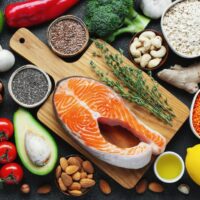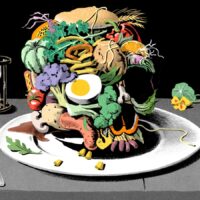8 superfoods You Must Include in Your Diet Today!
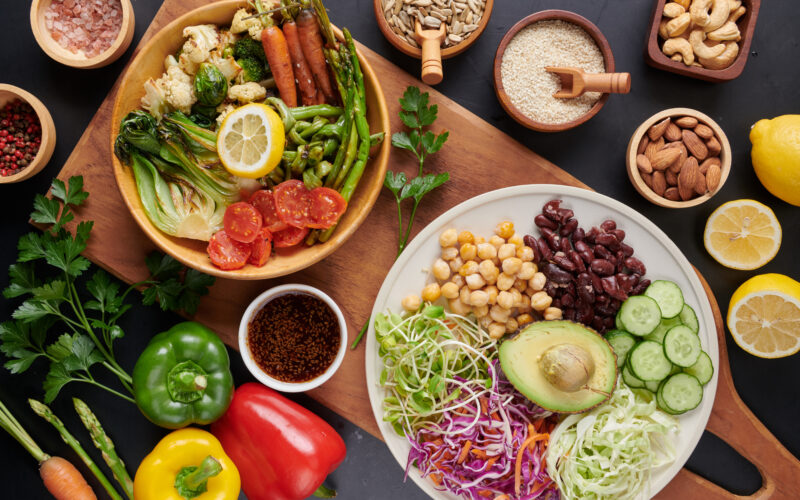
Introduction
Did you know that superfoods are not just good for your health but also a great way to stay fit? An often overlooked aspect of health and fitness is the diet you consume. It is important that we include foods in our diets that are high in nutrients, vitamins, and minerals to help us avoid diseases like cancer or heart disease. Today I will share with you 8 superfoods that should be included in your diet if you want to stay healthy:
Kale
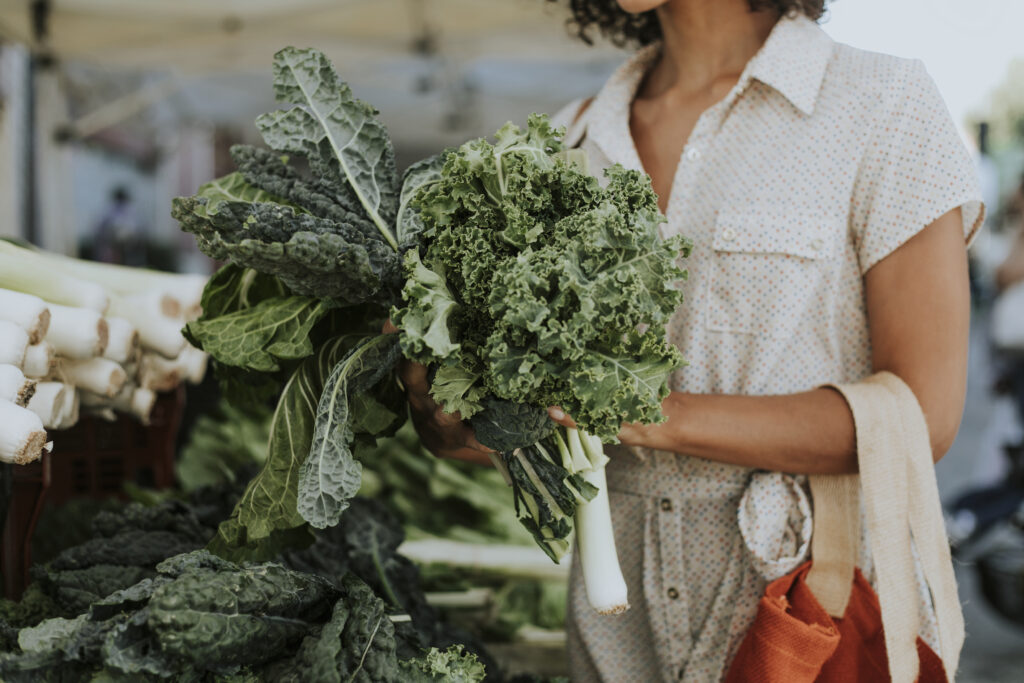
Kale is a leafy green vegetable that belongs to the cabbage family. It can be eaten raw or cooked and has been used as one of the most popular ingredients in dishes from around the world for centuries. It is rich in vitamins A, C and K, potassium, manganese, calcium and iron. There are many reasons why you should include it in your diet:
- Rich source of nutrients: Kale is rich in many important nutrients such as vitamin A (one cup provides over 200% of your daily recommended value), vitamin C (one cup provides over 150% of your daily recommended value) as well as many other vitamins like folate which helps prevent heart disease. In addition to its high levels of calcium (340mg per 1 cup serving), kale contains more than 1000mg per serving which makes it very beneficial for bone health!
- High fiber content: One great thing about kale is that despite being low calorie it still packs a powerful punch when it comes to nutrition! This superfood contains 5 grams of fiber per half cup serving size which helps regulate digestion while also promoting weight loss by helping you feel fuller longer without consuming too many calories at once.”
Kefir
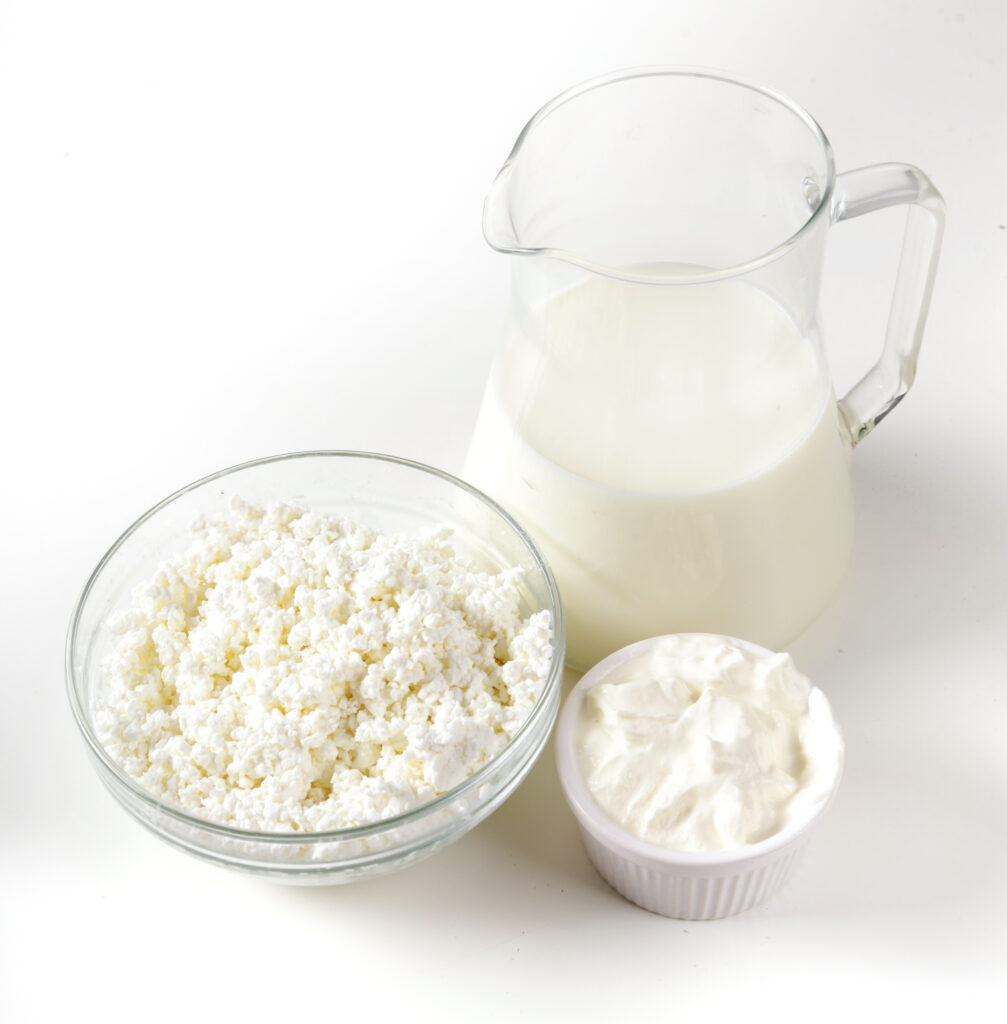
Kefir is a fermented milk product that contains probiotics, which are beneficial to your gut health. It’s also an excellent source of calcium and has a sour taste that can be used in cooking and baking.
In addition to its nutritional benefits, kefir has been shown to help with weight loss by contributing satiety-inducing protein and fiber—as well as helping you feel full after eating less food than usual during meals. A study published in the journal Appetite found that participants who consumed kefir before their main meal had a lower desire for food compared with those who drank water before their main meal.
Tomatoes

Tomatoes are rich in lycopene and vitamin C, which are great for your heart. Tomatoes also help keep your brain healthy and can lower your risk of cancer.
Tomatoes are a great source of lycopene, which has been shown to reduce the risk of heart disease and certain types of cancer. They’re also high in vitamin C, which helps protect against colds and boost immunity.
Carrots
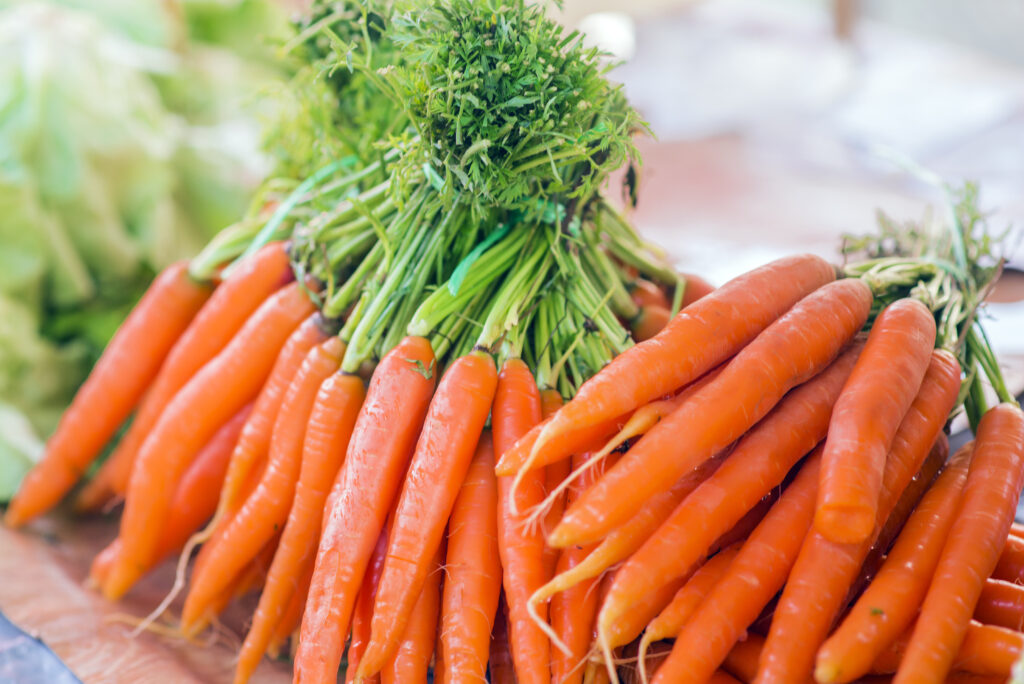
Carrots are rich in beta-carotene, which is converted to vitamin A in the body. This antioxidant helps promote healthy skin and eye function, and can also help prevent cancer. Beta carotene also lowers cholesterol levels by reducing LDL (bad) cholesterol while increasing HDL (good) cholesterol. The American Heart Association recommends consuming at least one serving of fruits or vegetables that are high in beta-carotene per day.
Blueberries
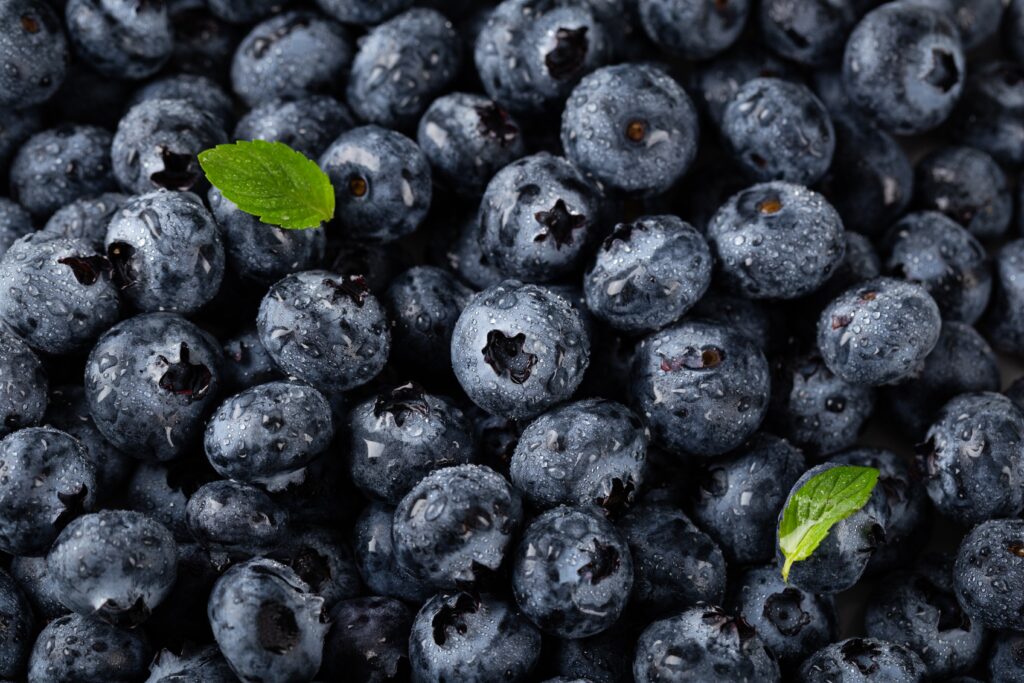
Blueberries are rich in antioxidants, which help prevent cancer and other diseases. Blueberries can also reduce inflammation and lower cholesterol levels, which makes them a great option for those with high cholesterol or diabetes.
- They’re loaded with nutrients like B vitamins, vitamin C and manganese—all of which are good for your heart health.
- Blueberries contain anthocyanins (natural pigments that give them their blue color), as well as quercetin (an antioxidant) and resveratrol (a compound found in grapes). These compounds have been shown to help fight free radicals in the body—which can damage cells over time and lead to disease such as cancer or heart disease.
- In addition to being tasty treats on their own, these fruits work well when incorporated into recipes because of how sweet they taste without adding sugar! Try making blueberry smoothies full of antioxidants from frozen cubes made from fresh berries picked directly off trees at home during summer months.”
Black beans
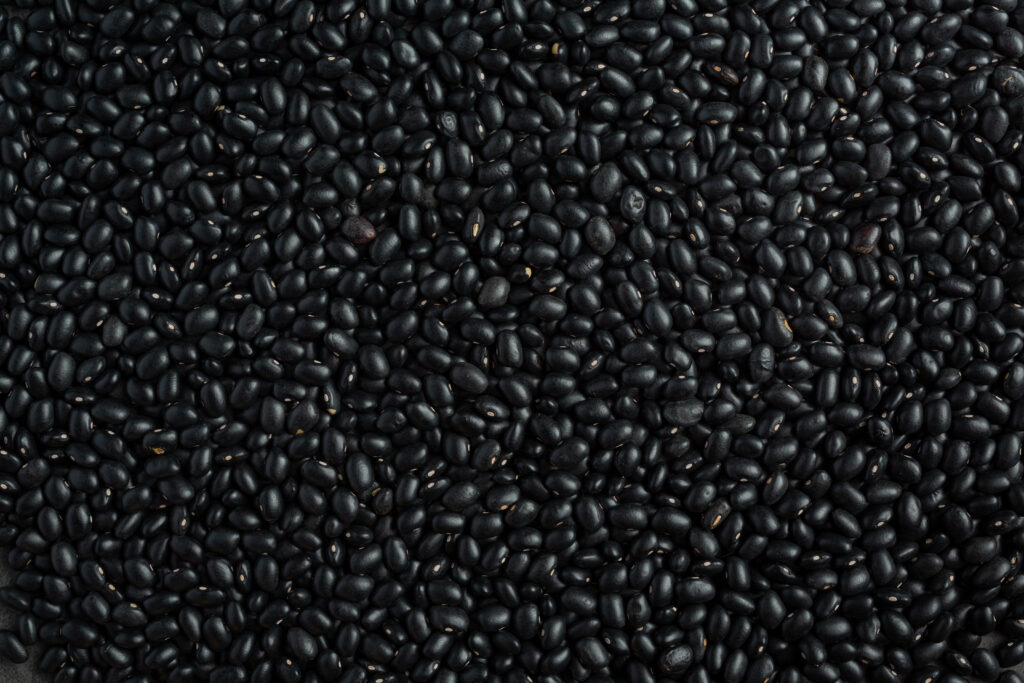
Black beans are a high-protein, low-fat food that can be used in place of meat. Black beans are also an excellent source of iron and folate, two nutrients often lacking in the diets of vegans and vegetarians.
Black bean consumption has been shown to lower blood pressure, improve insulin sensitivity and reduce inflammation markers. The fiber content in black beans helps improve digestive health by slowing down digestion which results in prolonged satiety (fullness).
The fiber in black beans also helps lower cholesterol levels. The soluble fiber found in black beans binds with bile salts, which are normally produced by the liver to aid digestion. This process lowers LDL (bad) cholesterol levels and increases HDL (good) cholesterol levels.
Almonds
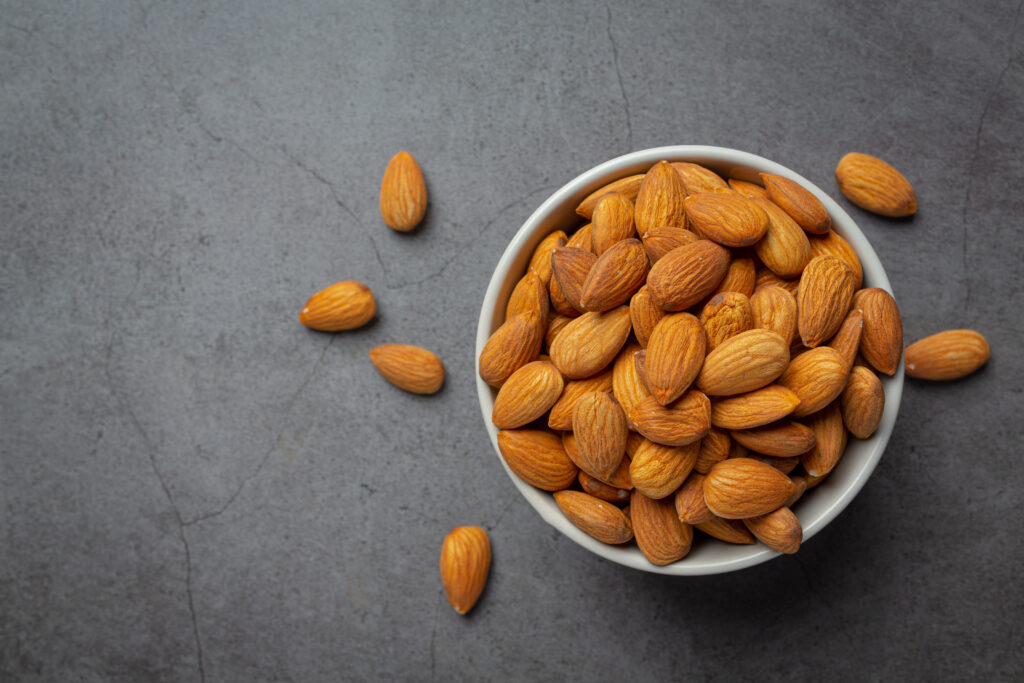
Almonds are a good source of monounsaturated fat, vitamin E, magnesium and fiber. They also contain more calcium than most other nuts. Almonds have been shown to lower LDL cholesterol levels in the body while raising HDL cholesterol levels at the same time — making them an excellent way to reduce your risk of heart disease.
Almonds are also rich in vitamin B6 which helps promote healthy brain function and nerve transmission as well as lowering homocysteine (a harmful amino acid) levels in the bloodstream.
Almonds have also been shown to decrease the risk of gallstones and gallbladder disease. This is because they contain phytosterols, which are plant sterols that bind with cholesterol in the digestive system making it less available for absorption into your bloodstream.
Oats
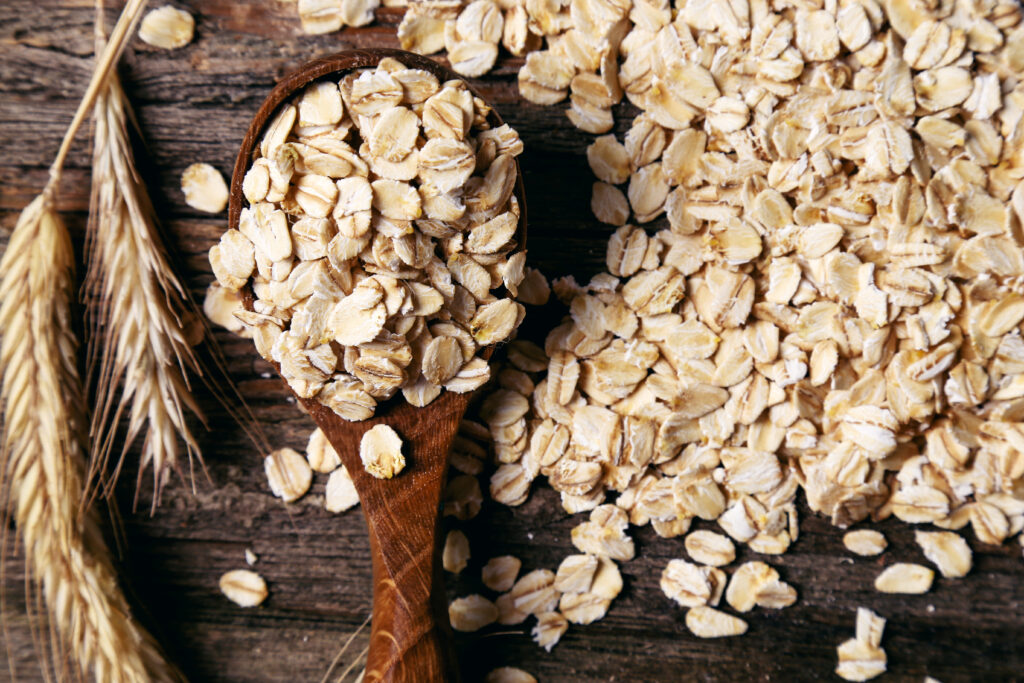
Oats are a great source of fiber and can help to keep you full for longer. They’re also rich in B vitamins, which help to improve your mood and energy levels. Oats can be eaten cooked or raw, depending on personal preference.
Oats are also a good source of magnesium, which is an important mineral that helps to maintain normal muscle and nerve function as well as reducing stress levels. Almonds Almonds are rich in vitamin E, which plays an important role in protecting your cells from oxidative damage caused by free radicals.
Conclusion
Before we tackle the question about which superfoods are really worth their salt, let’s talk about what makes a food “super.”
Some superfoods are called that because of their nutrient density—they contain high amounts of vitamins, minerals and other essential micronutrients per serving. Other foods have been shown to help prevent or treat disease.
It may just sounds good in theory! In reality, having more nutrients available throughout your body can only help things like mental clarity and digestive function (plus they taste great too). So why not include these items in your diet today?

